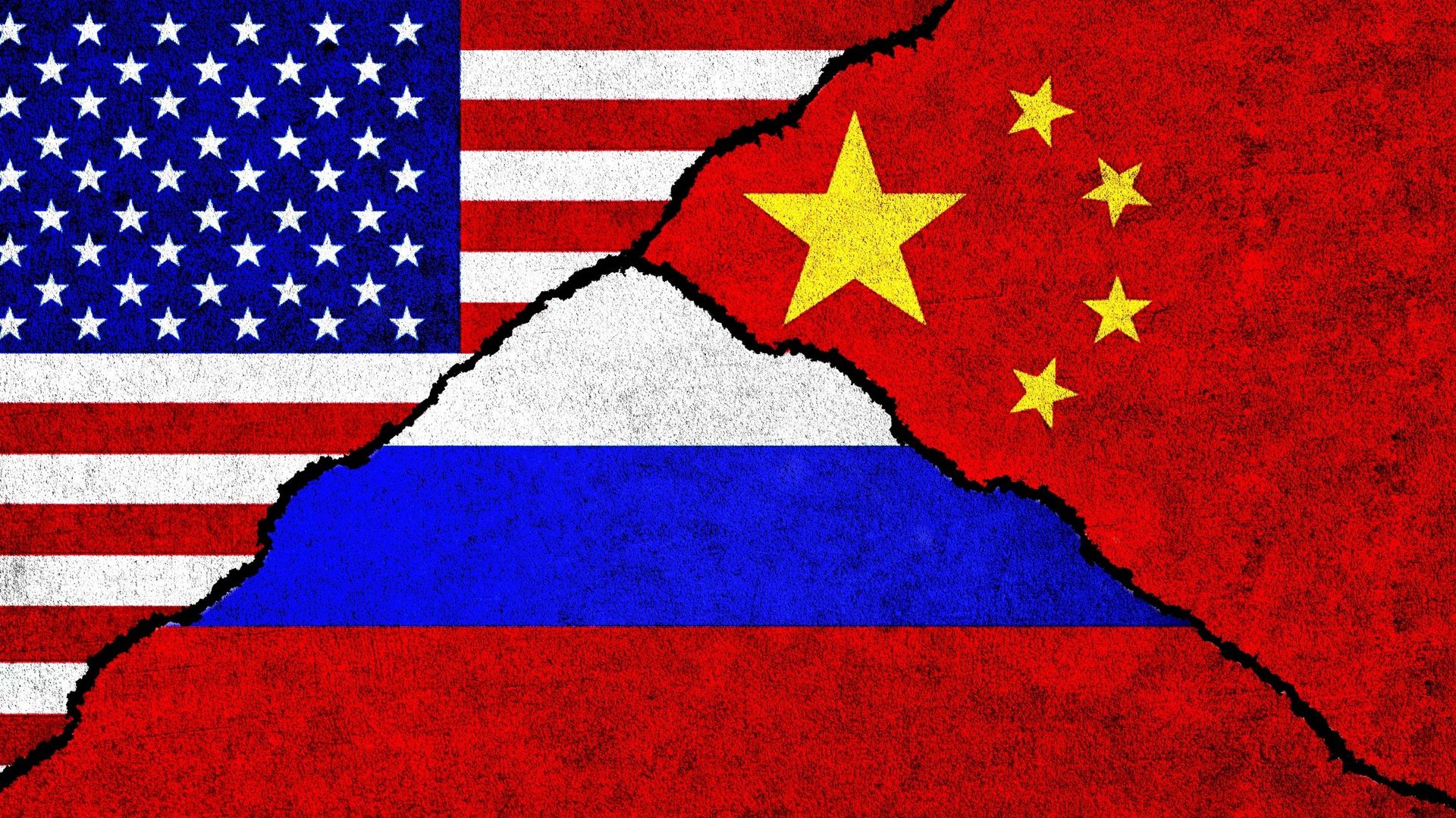
Over at the Washington Examiner, Sebastien Laye digs deep to unearth the truth about how Trump’s rare earth mineral deals are about AI.
In the rapidly shifting landscape of artificial intelligence, the United States faces an urgent challenge: securing a stable and independent supply of rare earth minerals.
Indeed, AI hardware and chips rely on these rare elements as essential building blocks.
For decades, China has dominated this market, controlling around 70% of global production and an even larger share of processing capabilities. This near-monopoly directly threatens the U.S. AI industry, which relies on these materials for everything from semiconductor manufacturing to energy storage. To counteract this dependency, President Donald Trump is increasingly focused on forging strategic partnerships with mineral-rich nations, particularly Ukraine and Greenland.
Trump’s more transactional approach to global leadership is reshaping America’s economic diplomacy. No longer driven by abstract commitments to shared values, U.S. foreign policy is shifting toward securing concrete strategic advantages to cement its position as the world’s preeminent technological and economic power. The ability to command global AI leadership depends on maintaining a decisive edge in raw materials, manufacturing, and research. Rare earth minerals, vital for electronic components, AI chips, and green energy solutions, are set to reconfigure America’s geopolitical alliances in the future.
Ukraine possesses substantial, untapped deposits of lithium, graphite, and other rare earth elements — resources that have drawn increasing U.S. interest. As part of a broader minerals cooperation agreement, the Trump administration is negotiating terms to secure access to these critical materials in exchange for financial aid and investment. This arrangement benefits both parties: Ukraine receives economic support and long-term development opportunities, while the U.S. gains a reliable alternative to Chinese-controlled supply chains. Russian President Vladimir Putin could propose the same deal in the Russian-controlled Donbas region.
But there’s more at stake than just economic gains. By tying its financial and industrial interests to Ukraine’s post-war recovery, the U.S. is making a strategic commitment that extends beyond minerals. The deal effectively secures American involvement in Ukraine’s economic trajectory, making it a protected asset reminiscent of how Kuwait’s oil reserves shaped U.S. Middle East policy. This alignment of interests strengthens Ukraine’s position, signaling to adversaries that Washington is not just an observer but an embedded stakeholder. The implications are clear: in a resource-driven world, economic ties translate into geopolitical influence.
Greenland and its untapped reserves represent another pivotal front in America’s bid for supply chain security. With its vast deposits of rare earth elements, the Arctic island offers an opportunity to build a supply chain free from Chinese interference. The Kvanefjeld site, home to one of the world’s largest multi-element deposits, has long attracted international attention. Recognizing its strategic value, the U.S. has ramped up diplomatic efforts to strengthen ties with Greenland and Denmark while aiming to prevent Chinese firms from securing a foothold in the region.
… Securing diverse, independent sources of rare earth minerals is more than an economic necessity — it is a national security imperative. The future of AI, advanced computing, and clean energy will be dictated by those who control the raw materials that fuel those industries. Continued reliance on a single supplier, especially a strategic rival, exposes the U.S. to supply chain disruptions, geopolitical leverage, and economic vulnerabilities.
By doubling down on partnerships with Ukraine and Greenland, the U.S. aims to break free from Chinese dependency while reinforcing its technological supremacy. These efforts will not be without hurdles, but in the high-stakes race for AI and critical technologies, securing resources today will determine the superpowers of tomorrow.
Previously, Sébastien Laye quoted Elon Musk over on X:
We are facing the collapse of the European Union. The debt is just unbelievable. They never consolidated. Between Covid, Climate Change and sanctions on Russia, the German economy has shrunk . . . 3% to 5%. France average growth over the last 10 y does not exceed 1% with a huge welfare state hangover. The economic growth (of the EU) is appalling. Europe is falling, and this is why they might need war.

















